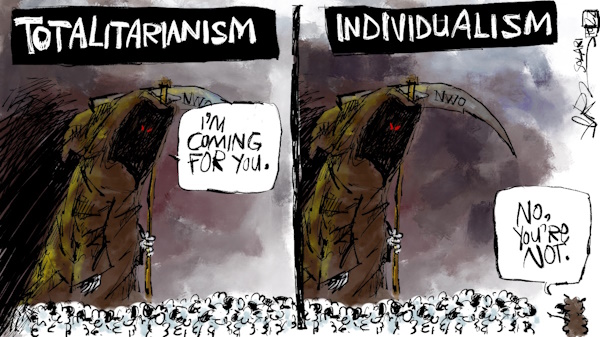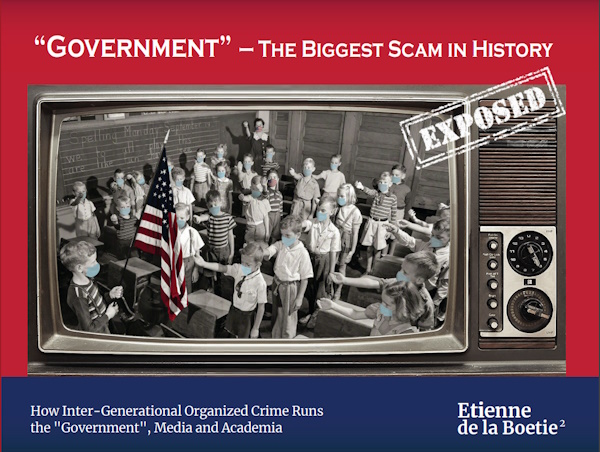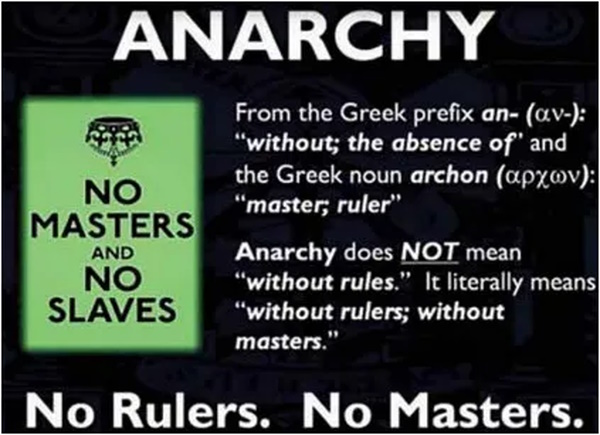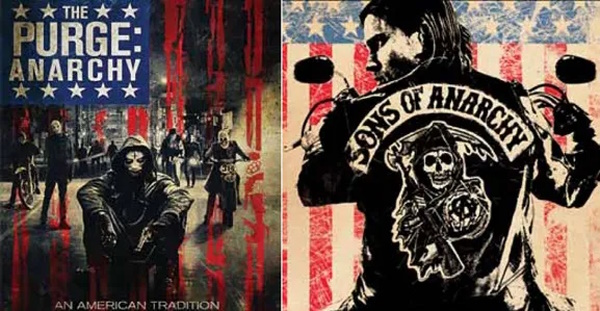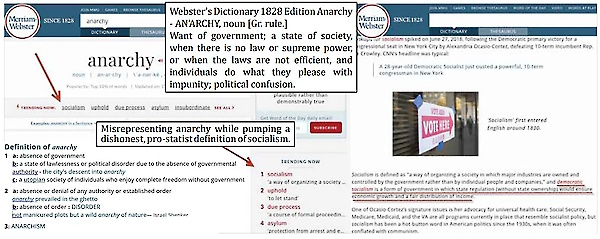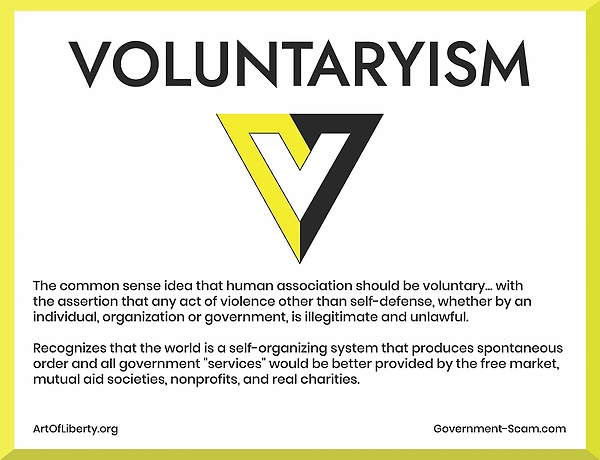Etienne de la Boetie² on All Governments Being Illegitimate Authorities
Etienne de la Boetie² on All Governments Being Illegitimate Authorities
by Jeremy Nell, Jerm Warfare
originally published December 5, 2022
updated August 24, 2023

Etienne de la Boetie2 (with a squared sign and, no, it isn’t his real name) has written extensively on why all governments are illegitimate authorities.
His alias is a play on the real Etienne de La Boétie, who was a French writer and philosopher who lived during the 16th century, best known for his essay titled Discourse On Voluntary Servitude in which he questioned why people willingly submit to oppressive rulers and argued that it is through voluntary obedience that tyrants are able to maintain their power.
Etienne (with a squared sign) makes the chaos for anarchism, which is a philosophy that advocates for a society without hierarchical authority or rulers.
It does not mean chaos because it emphasises voluntary cooperation, mutual aid, and decentralised decision-making.
Anarchy, meanwhile, refers to an absence of government control.
While the words “anarchism” and “anarchy” are related and often used interchangeably, they are technically different.
Anarchism is often associated with chaos due to a misunderstanding of its principles.
Anarchists believe that individuals are capable of organising themselves and making collective decisions without the need for a central authority. They argue that (government) hierarchy and coercion are the sources of many social problems and that people can freely cooperate and resolve conflicts through voluntary means.
Mikhail Bakunin, a Russian thinker during the 1800s, is generally considered one of the fathers of anarchism. He advocated for a society based on federalism, in which free associations of workers and communities would govern themselves without a centralised state.
Another thinker is Pierre-Joseph Proudhon, a French philosopher who coined the term “anarchism” and argued for a system based on mutualism and workers’ self-management.
Although not an example of anarchism, the Hanseatic League and anarchism emphasise decentralised decision-making and cooperation. The League was a confederation of merchant guilds in Northern Europe during the medieval period, in which participating cities maintained a level of autonomy while engaging in voluntary associations for trade and defence. Similarly, anarchism promotes self-governance through voluntary associations and rejects the need for centralised authority.
Anarchist societies have existed throughout history.
The Spanish Revolution (1936 – 1939) is one such example. Parts of Spain experienced a social revolution in which anarchists, alongside other groups, established self-governing communities, collectivised industries, and implemented direct democracy (which is when individuals participate directly in decision-making processes, rather than delegating authority to representatives).
Basically, the government is the subjection of the noninvasive individual to an external will.
In Etienne‘s book, Government – The Biggest Scam In History, he argues
the case that “Government”, of every flavor, has been a scam of inter-generational organized crime since the beginning… and they have been getting away with it… until now… because they have been controlling the media and academia.
Think of it more simply.
If an armed gang knocked on your door and demanded that you pay them a percentage of your income, no matter what their reasons might be, then any rational individual will agree that such behaviour is criminal.
Replace “armed gang” with “government”.
See Related:
Why the Organized Crime Media Misrepresents Voluntaryism and Peaceful Anarchy as Chaos and Dystopia
